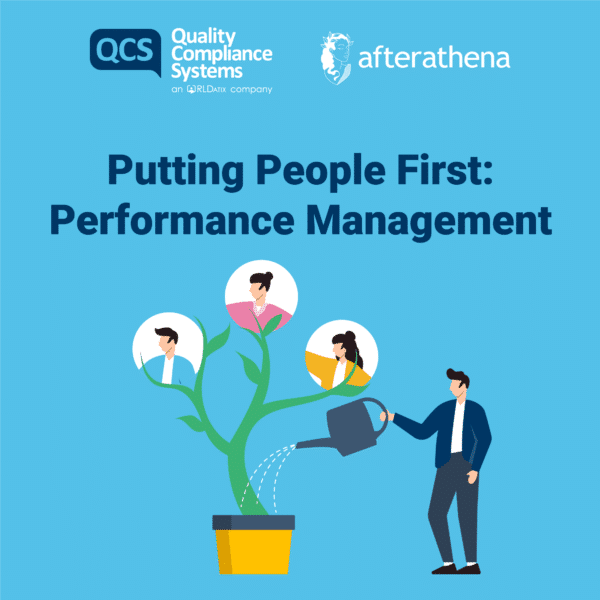Employees are your greatest asset and managing their performance is a critical aspect of running a successful business. This article will explore the key steps which employers should follow when addressing an employee’s poor performance effectively.
1. Step 1: Informal Discussion
If you notice that an employee is underperforming, it is important that you keep a record of specific examples of when, how and why their performance isn’t meeting the expected standards. Once you have gathered this information, the employee’s manager should invite them to an informal discussion. At the discussion, the manager should:
a. Discuss their observations with the employee
b. Explain what the expectations are and why the employee isn’t meeting those expectations
c. Give the employee the opportunity to provide an explanation for their underperformance
d. Ask the employee for any suggestions on how you can support them
e. Agree a plan for improvement with the employee and set a timescale for review (you can also use a performance improvement plan (‘PIP’) to document this.)
If an employee makes reference to any disabilities or ill health which could be contributing to, or causing, the poor performance, the company may be required to make reasonable adjustments to assist the employee. Adjustments may include changing duties, providing additional equipment or training and adjusting targets/deadlines, but what will be reasonable will be dependent on the facts of the case.
2. Step 2: Monitor the Employee’s Performance
Whilst the PIP is in place, it is important that the manager monitors the employee’s performance so that it can be determined whether or not their performance has improved.
3. Step 3: A Follow-up Meeting
A one-to-one meeting should be arranged with the employee close to the expiry of the agreed timescale. At the meeting, the employer should determine whether there has been an improvement in the employee’s performance.
If there has been an improvement, there is nothing further to do.
However, if there has been no improvement, the employer should carry out Steps 1 – 3 again.
4. Step 4: The Formal Process
Where the issues cannot be resolved informally or where the employee’s performance has not improved following a repeat of Steps 1 – 3, the employer should consider carrying out a formal capability process. You should:
a. Invite the employee to a capability meeting, giving them at least 2 days’ notice (or as set out in your capability procedure) and providing them with a copy of all relevant documents which will be used at the meeting. The employee must be notified of their right to be accompanied.
b. Hold the hearing with the employee and deal with the following:
i. Set out the evidence to show why you believe the employee has not been reaching the required standard
ii. Provide the employee with the opportunity to ask questions and present evidence
iii. Establish the possible causes for the poor performance
iv. Understand why any measures taken so far have not led to the necessary improvement
v. Identify any further measures which can be provided to assist, and
vi. Discuss and agree targets for improvement and a timescale for review
The employer should adjourn the meeting to consider how to proceed.
5. Step 5: Make a Decision
When managing performance, any action should be issued on a staged basis, i.e. First Improvement Notice, Final Improvement Notice then dismissal/demotion. The employer may also consider issuing the employee with a PIP alongside a first or final improvement notice.
Once determined, the employer should submit its decision to the employee in writing and notify the employee of their right to appeal the decision.






